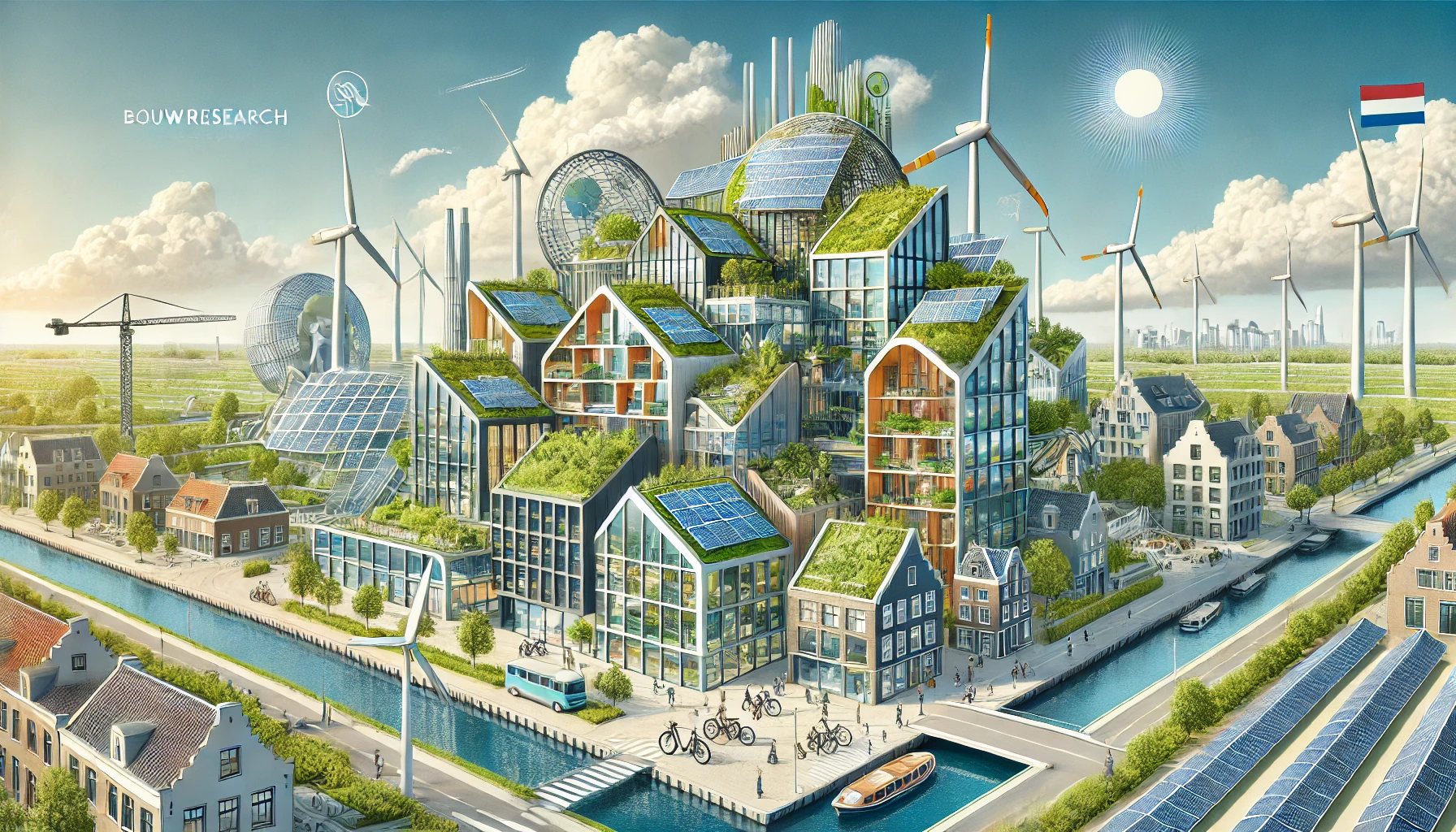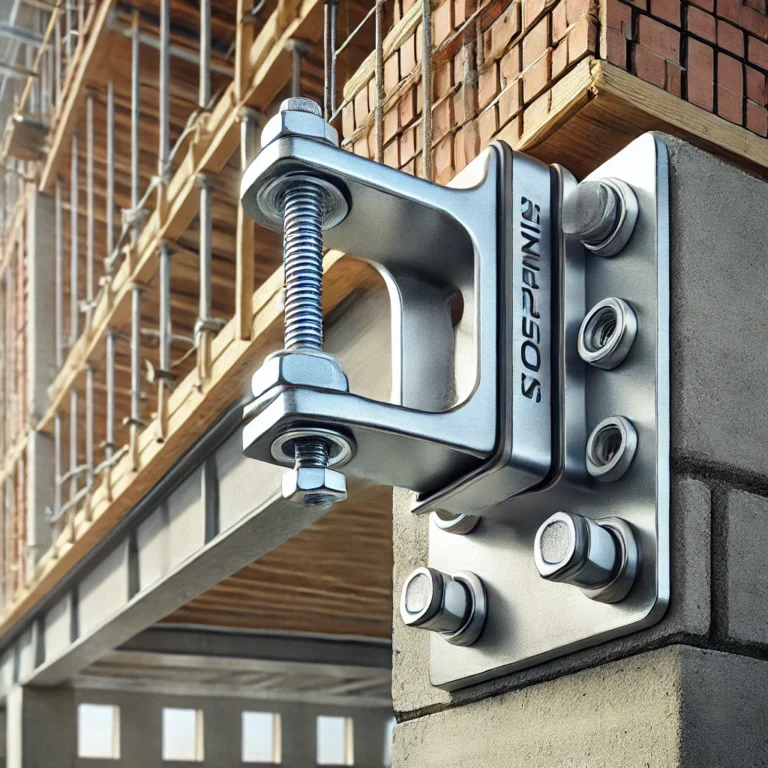
Introduction to Stichting Bouwresearch
In the dynamic world of construction, Stichting Bouwresearch (SBR) stands out as a pioneering organization that has shaped sustainable and innovative building practices in the Netherlands. Founded with the mission to push the boundaries of construction technology and environmental responsibility, SBR has become an influential force in the industry. From groundbreaking research to strategic partnerships, Stichting Bouwresearch continues to influence how buildings are designed, constructed, and maintained.
History and Background
Established in the late 1950s, Stichting Bouwresearch initially aimed to address the need for efficient construction methods following the rebuilding efforts after World War II. Over the years, it evolved from a small initiative into a nationally recognized research foundation, guiding Dutch construction practices. Originally based in Rotterdam, SBR later expanded to Delft, merging with CUR Civil Engineering Center to strengthen its reach and resources. This merger allowed Stichting Bouwresearch to combine building and engineering expertise, setting a standard for research-based innovation in the Dutch construction sector.
Key Contributions to the Construction Industry
Stichting Bouwresearch has made significant contributions to various aspects of construction, from safety protocols to sustainability standards. Its research has influenced national construction regulations, introducing higher safety standards, and promoting environmentally responsible building techniques. This work has helped Dutch buildings become models of quality and efficiency, inspiring other countries to adopt similar approaches.
Through independent studies and collaborations, SBR has driven advancements in:
- Safety Regulations: Improving on-site safety and reducing workplace accidents.
- Energy Efficiency: Establishing benchmarks for reducing energy consumption.
- Sustainable Building Materials: Advocating for materials with minimal environmental impact.
These efforts have been vital in creating a more efficient and eco-friendly construction landscape.
Challenges Faced by Stichting Bouwresearch
While SBR has had a tremendous impact, it has faced its share of challenges. Balancing innovation with practicality can be difficult, especially in an industry where traditional practices often dominate. Additionally, funding constraints and regulatory hurdles sometimes hinder research and implementation efforts. Despite these obstacles, Stichting Bouwresearch remains committed to its mission, continuously seeking solutions to make construction safer, more efficient, and more sustainable.
Success Stories and Achievements
Stichting Bouwresearch’s portfolio is filled with successful projects that demonstrate its influence in construction. One of its most notable achievements is the Sustainable Office Building Project in Rotterdam, which became a blueprint for green office spaces in Europe. Incorporating solar panels, green roofs, and advanced insulation, this project exemplifies SBR’s commitment to eco-friendly design.
Another major success is the Smart City Initiative, where SBR helped transform a Dutch city through integrated smart technology. By implementing smart grids, IoT-powered systems, and real-time monitoring, this project improved urban efficiency and sustainability, showing how advanced technology can enhance urban living.
Research Focus Areas of Stichting Bouwresearch
SBR’s research spans several core areas, each aimed at advancing construction practices. Some of the primary focus areas include:
- Building Materials and Technologies: Exploring new composites and technologies for durability and energy efficiency.
- Energy Efficiency and Sustainability: Developing systems that promote energy savings and reduce carbon footprints.
- Structural Integrity and Safety: Innovating techniques that improve safety and resilience, especially against natural disasters.
- Urban Planning and Development: Researching sustainable urban design, with a focus on green infrastructure and smart city integration.
- Environmental Impact Assessments: Conducting studies on the life cycle of building materials to minimize their environmental impact.
These areas of focus ensure that Stichting Bouwresearch stays at the forefront of modern construction.
Collaborations and Partnerships with Industry Professionals
Stichting Bouwresearch believes in the power of collaboration. By working with universities, industry associations, and government agencies, SBR broadens its research impact. For example, its partnerships with universities allow for knowledge sharing, while collaborations with government agencies help align research with national priorities. Working closely with the private sector also enables SBR to pilot new concepts and gather valuable insights from real-world applications.
These partnerships ensure that SBR’s work remains relevant and grounded in practical needs, bridging the gap between theoretical research and tangible results.
Technological Innovations Led by SBR
In the rapidly evolving field of construction, Stichting Bouwresearch has been a leader in technological innovations. By funding and developing new construction technologies, SBR has pioneered solutions that make buildings safer, more energy-efficient, and more resilient. Some of these innovations include:
- Modular Construction: Techniques that speed up construction times and reduce waste.
- Smart Building Systems: IoT-powered building management systems that enhance efficiency and comfort.
- Autonomous Maintenance Solutions: Drones and AI systems designed for building inspection and maintenance, reducing the need for human labor in risky environments.
These advancements have not only improved Dutch construction practices but also influenced international standards.
Community Impact and Social Responsibility
Beyond technical achievements, Stichting Bouwresearch has a strong focus on community impact and social responsibility. By promoting sustainable construction, SBR helps reduce pollution and waste, benefiting communities and the environment alike. The foundation’s work on energy-efficient buildings also leads to cost savings for homeowners and businesses, improving quality of life. Furthermore, SBR’s dedication to workplace safety contributes to safer working conditions in the construction industry.
The community impact of SBR’s work demonstrates its commitment to not only advancing construction but also enhancing overall social welfare.
Future Goals and Strategies for the Next Decade
Looking ahead, Stichting Bouwresearch has set ambitious goals for the future. Some of these include:
- Increasing Research on Sustainable Materials: Expanding studies on bio-based materials and living roofs to reduce environmental impact.
- Enhancing Climate Adaptation Strategies: Researching construction methods that can withstand extreme weather, such as flood-resistant foundations and heat-resistant materials.
- Promoting Smart Buildings: Implementing AI-driven building management and energy-efficient solutions.
- Expanding International Collaboration: Working with global research institutions to share knowledge and tackle common challenges.
By focusing on these areas, Stichting Bouwresearch aims to continue leading the industry toward a sustainable and resilient future.
How to Get Involved with Stichting Bouwresearch
Professionals, students, and industry experts can engage with Stichting Bouwresearch in various ways. SBR offers internships, research grants, and workshops for individuals interested in sustainable construction. The foundation also holds regular seminars and conferences, providing networking opportunities and access to the latest research findings. By getting involved with Stichting Bouwresearch, individuals and companies alike can contribute to shaping the future of construction.
Conclusion
Stichting Bouwresearch has been a transformative force in the Dutch construction industry. Through groundbreaking research, strategic partnerships, and technological innovations, SBR has set new standards for safety, sustainability, and efficiency. The foundation’s work on projects like the Sustainable Office Building and the Smart City Initiative has left an indelible mark on Dutch construction, demonstrating the power of research and collaboration in advancing building practices.
With ambitious goals for the future, Stichting Bouwresearch is poised to continue its role as a trailblazer in sustainable construction. From pioneering new materials to fostering international partnerships, the foundation’s impact will resonate for years to come. As we look forward, the organization’s dedication to excellence and environmental responsibility is more crucial than ever in facing global challenges like climate change.
FAQs
- What is Stichting Bouwresearch?
Stichting Bouwresearch is a Dutch foundation focused on advancing construction practices through research and innovation, with an emphasis on sustainability and safety. - What are some key projects by Stichting Bouwresearch?
Notable projects include the Sustainable Office Building in Rotterdam and the Smart City Initiative, both of which highlight SBR’s commitment to eco-friendly design and technology integration. - How does Stichting Bouwresearch influence construction standards?
SBR shapes industry standards by conducting research on building materials, safety protocols, and energy efficiency, providing guidelines that help improve construction quality. - What future developments are planned by Stichting Bouwresearch?
SBR plans to focus on climate adaptation, smart building technologies, and international collaboration, aiming to further enhance sustainable construction practices. - How can professionals engage with Stichting Bouwresearch?
Industry professionals can participate through internships, seminars, and collaborative projects, gaining access to cutting-edge research and networking opportunities.




